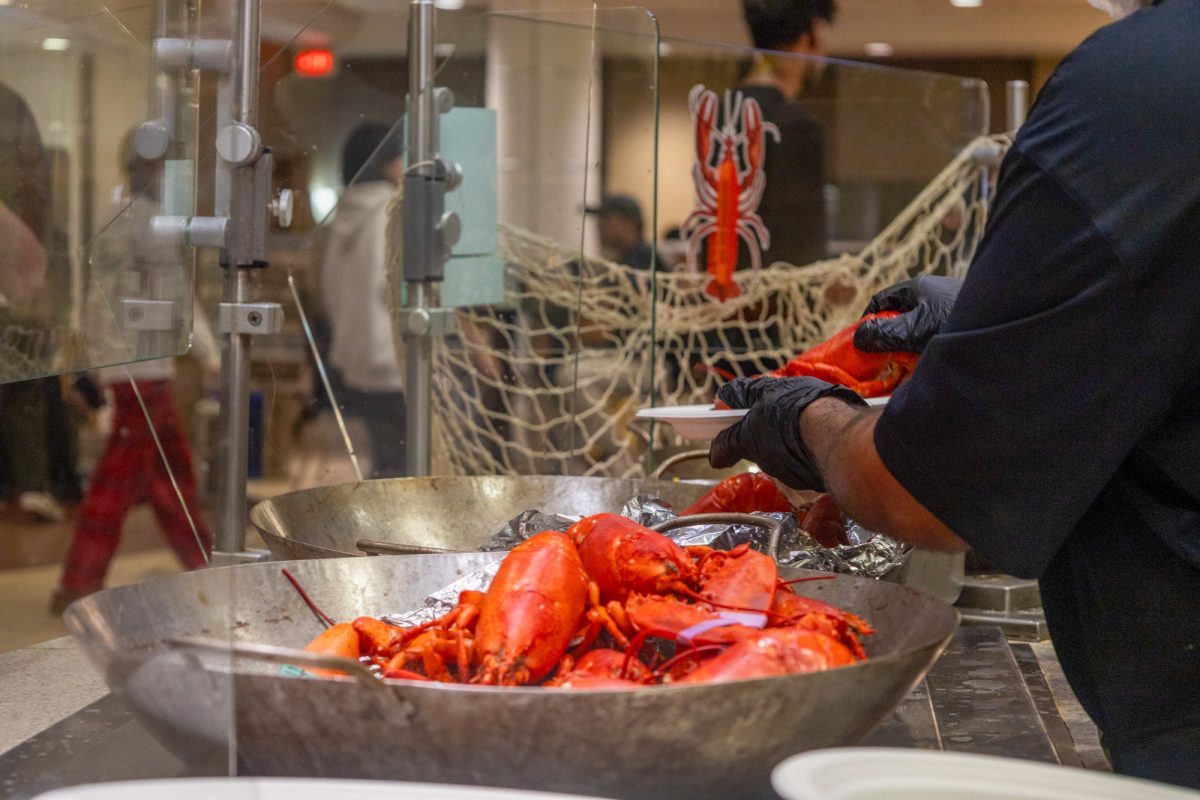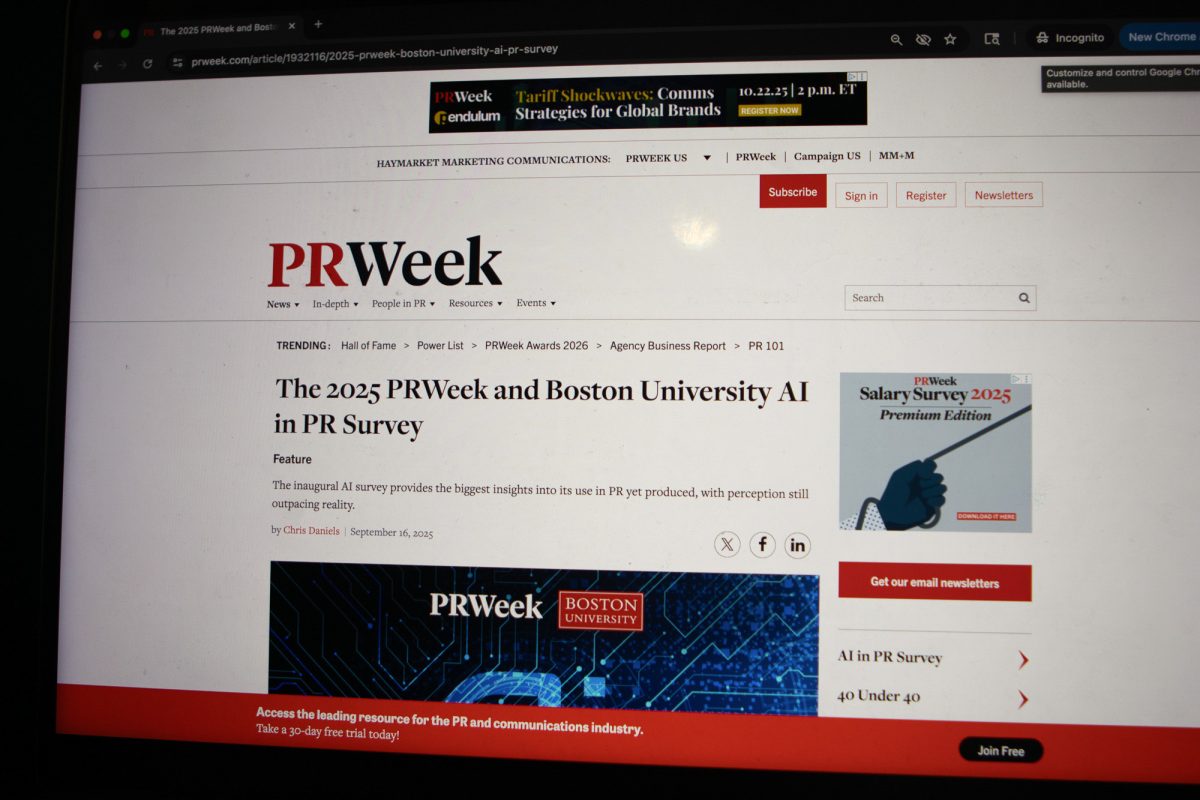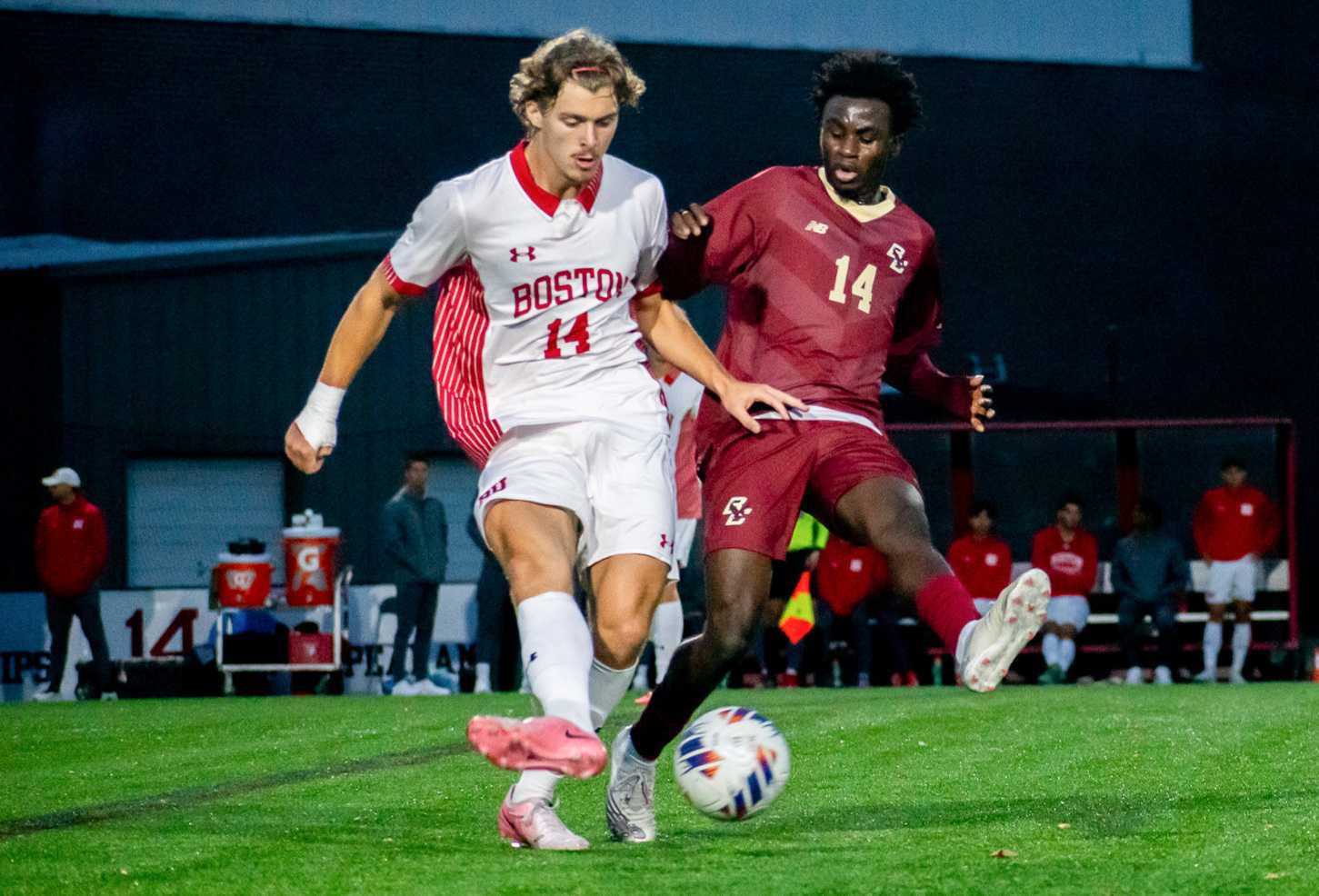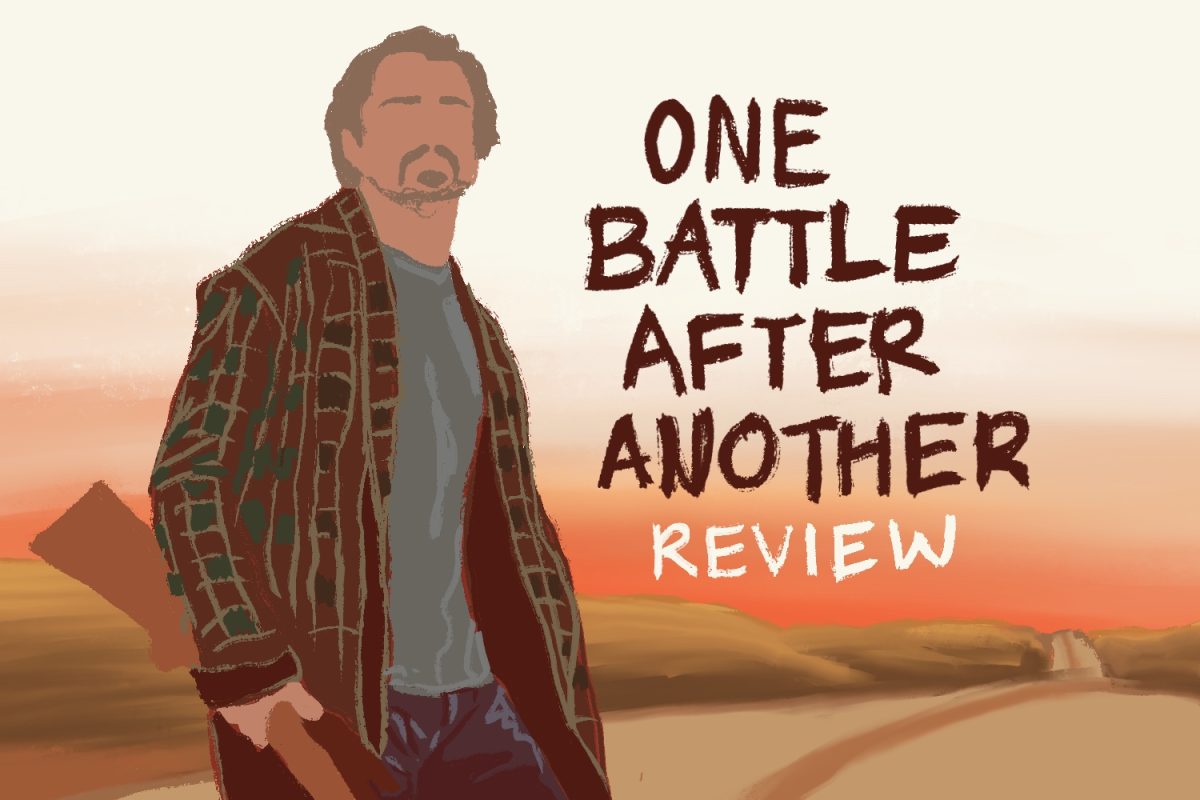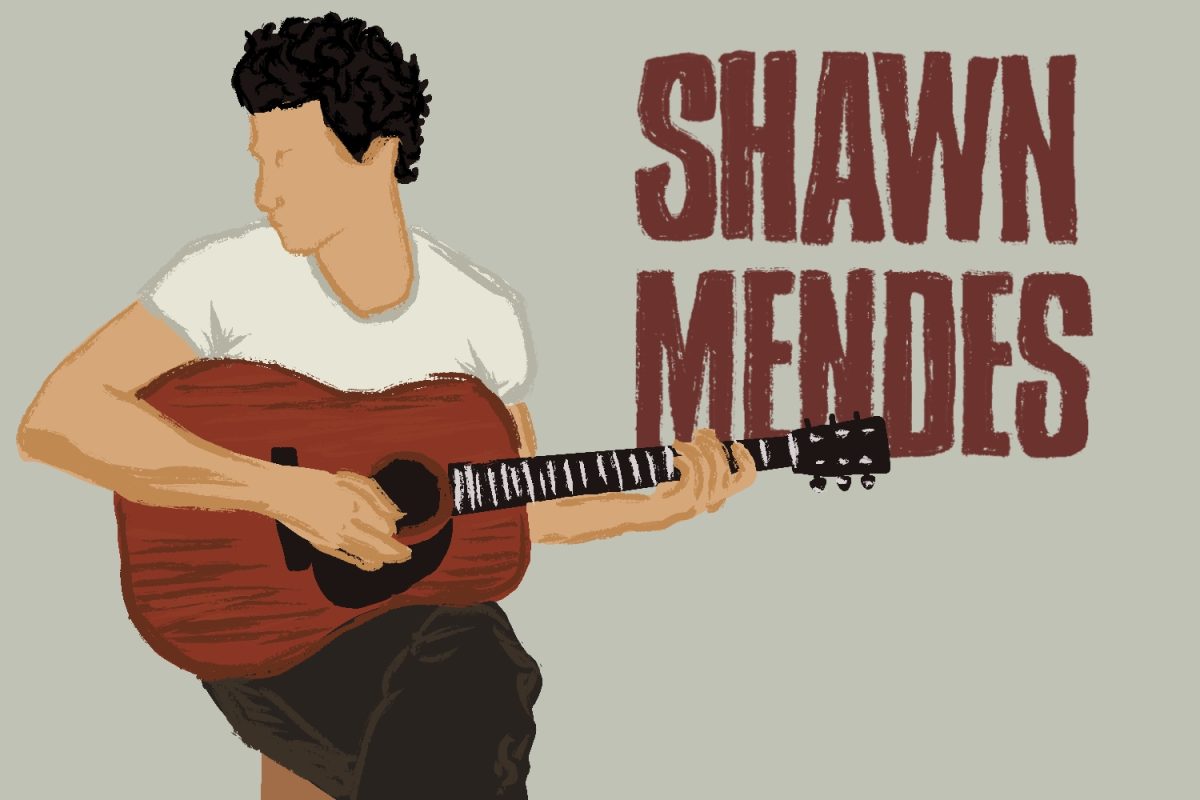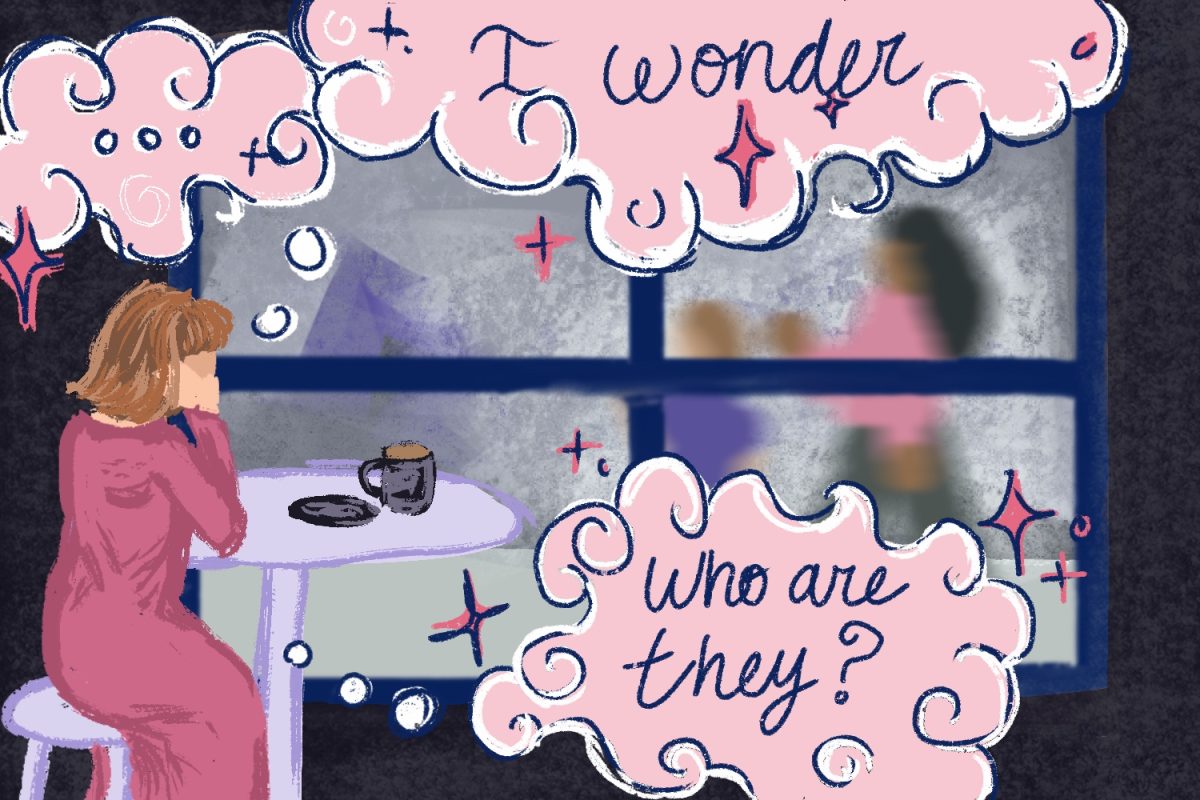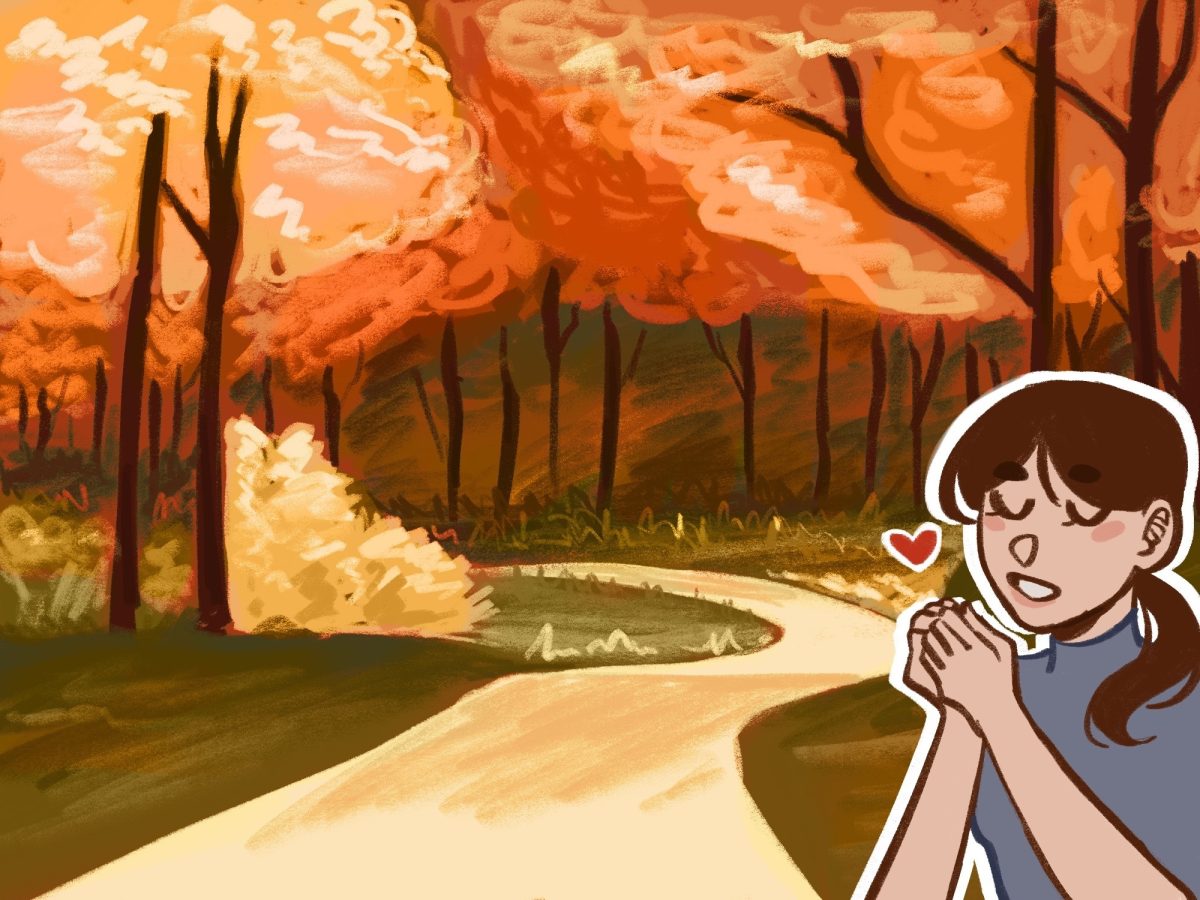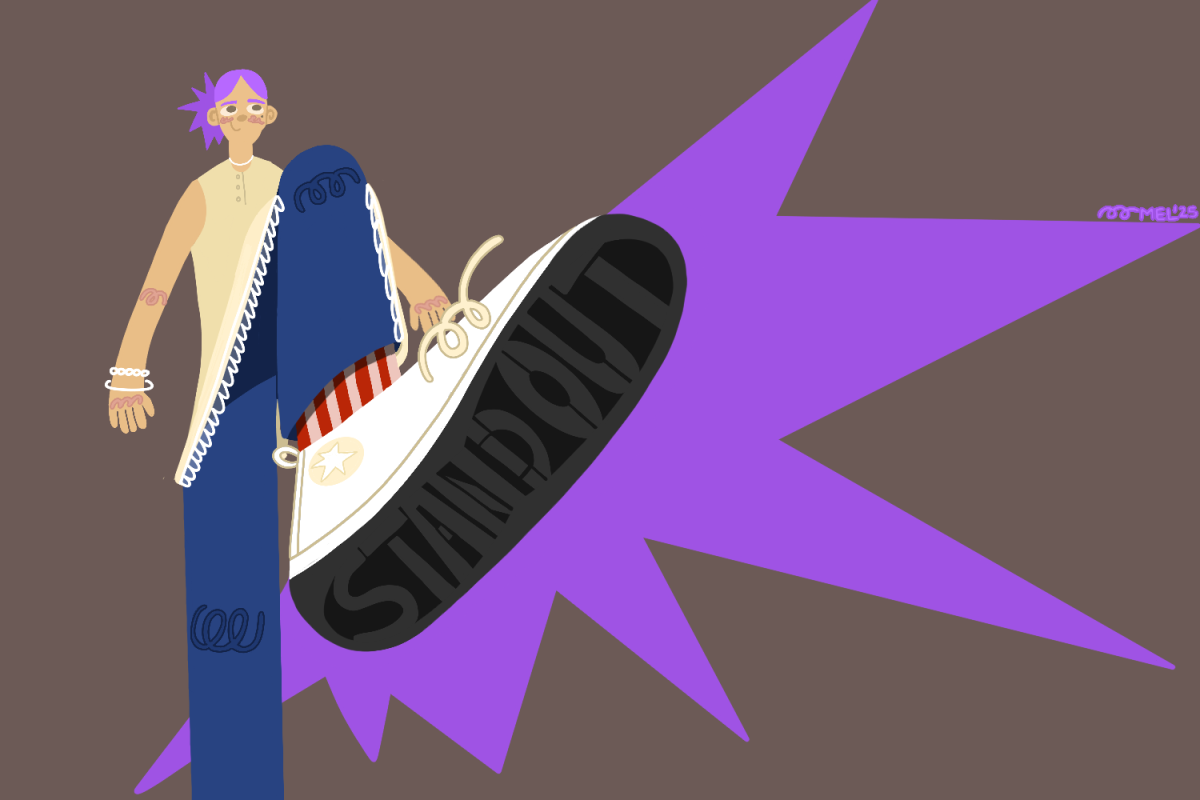Nearly five years have passed since an official Boston University football team spent a crisp, fall day battling on the gridiron at Nickerson Field.
Yesterday, however, Terrier football and some of its most notable players returned to Nickerson, if only for an hour and a half.
With some complaining of bum knees and slipped discs and others talking about ‘eating a bowl of Advil for breakfast,’ around 20 members of the Boston Terriers United for Football, or BTUFF, gathered on the field to play once again.
This game marked the group’s latest step toward accomplishing a goal it has held since BU eliminated its football program five years ago.
BTUFF’s mission is simple: ‘Our goal is to bring football back to BU,’ said Al Drucker, a 1966 graduate of the College of Engineering and a member of the BTUFF executive board.
‘This is a great university,’ said Clark Broden, a 1964 CAS graduate and a BTUFF executive board member. ‘And we want to make it greater.’
BU FOOTBALL’S DOWNFALL
BU football was not always relegated to Sunday morning touch-football games on Nickerson field. Jason Goldberg, an offensive lineman who was team captain in 1992, recalled one game against the University of Maine that brought between 10,000 and 15,000 fans to Nickerson.
‘All that’s gone it’s pretty sad,’ he said.
BU football met its end in 1997, primarily due to financial issues, according to Athletic Director Gary Strickler.
‘It was a combination of cost and lack of interest,’ Strickler said.
Football’s $3 million price tag and lackluster attendance led BU to cut the program in favor of other programs.
‘We were spending a lot of money on the sport,’ Strickler said. ‘We needed to re-allocate the money.’
The money from the football program went mostly to women’s sports, according to Strickler.
‘We upgraded the salaries for quite a number of sports, particularly women’s sports and raised recruiting money for quite a number of sports, particularly women’s sports,’ he said.
BU also used the money to fund scholarships for women’s lacrosse and soccer, which were just getting started at the time, Strickler said.
‘Football was vulnerable because very few people were attending the games,’ Strickler said. ‘There was very little interest in football here.’
Several BTUFF members also noted a lack of interest, but also highlighted games where fan turnout filled the Nickerson stands.
‘We had problems over the years getting people into the stadium,’ Connell Tarr, a 1973 SMG graduate who played cornerback and linebacker. According to Tarr, a good game would draw an attendance of around 8,000.
Jim Skrekas, a 1973 SED graduate who also played for BU, agreed.
Playing ‘was pretty good, although we didn’t fill the stands. We had some enthusiastic fans especially our girlfriends,’ Skrekas joked.
However, John Schaefer, a 1995 SMG graduate who played linebacker and defensive end, said fan turnout picked up during his time at BU when the team started improving and eventually moved on to the league playoffs. One game against Northern Iowa drew more than 15,000 fans, he said.
Drucker also questioned BU’s practice of cutting football in order to fund women’s sports. He said he supported women’s sports, but said he believed supporting them at the sake of other sports was not a good practice.
‘Cutting men’s programs to develop women’s programs is counterproductive,’ Drucker said.
BTUFF members also said BU’s claim that football was too expensive was unfounded.
‘$2.5 million in a billion dollar budget is not that much,’ Drucker said. ‘Football, if it is run properly, could help pay for other athletics.’
Butch Byrd, a 1964 graduate who went on to play in the NFL for eight years, expressed doubts regarding BU’s inability to financially support a football program.
‘You take BU, one of the richest schools in the country,’ Byrd said. ‘You can’t tell me they can’t afford it.’
A LACK OF SUPPORT
Many BTUFF members credit football’s minimal popularity and eventual end to a lack of marketing on the part of the BU athletics department.
‘The administration over the years could have done a better job of marketing the program,’ Tarr said.
BU’s marketing is lacking compared to other schools, he said. He cited the example of Northwestern University, where his daughter attended college.
‘We got invitations to buy tickets at Parents’ Weekend and still get them,’ he said.
Despite the high turnouts at some of the games during his time, Schaefer said, ‘I never felt support from the upper administration.’
‘The program has never been marketed,’ Drucker said. ‘The alumni don’t see BU in the news, in the press. I’d like to see the school market the programs better.’
Strickler, however, said in the time since football was cut, attendance has increased for both ice hockey and basketball, and cited marketing as a big factor in it.
‘I think it’s in large part due to marketing efforts in our department,’ he said.
GETTING BACK IN THE GAME
Boston University needs football for a number of reasons, according to BTUFF.
‘Football acts as a nucleus to attract students,’ Drucker said.
Byrd said he thought BU’s dropping football was a mistake.
‘It’s part of our society, part of fall, attracts students both athletes and non-athletes,’ he said.
It could also help to draw more minority students to BU, according to Drucker. He said it would help to improve BU’s 1.9 percent African-American enrollment, a figure Drucker called ‘terrible.’
‘Minorities tend to participate more heavily in sports,’ he said, and added athletics make more scholarships available for students. ‘I do think it would help minority students.’
According to BTUFF’s website, football could also improve BU’s male/female ratio by drawing more male students to the school.
The lack of football at BU also cuts down on alumni interest, Goldberg said.
‘They need something to get people to come back. Right now there’s not much,’ he said. ‘I do respect hockey and women’s programs, but [the appeal of] hockey is regional and women’s sports aren’t men’s football.’
Daniel Peters, a School of Engineering sophomore, agreed.
‘Hockey is more northeastern [in its appeal] while football is more diverse,’ he said.
Erik Wood, a School of Engineering senior, said he would support a campaign to bring back football. He said he believed fan turnout would improve now that BU students have been without football for so long.
‘Fan turnout might have been a problem in the past, but now that we haven’t had football, people might show up,’ he said.
Interested students can help BTUFF bring football back to BU, according to BTUFF members.
‘They just have to definitely show the administration that they are interested in and would support football,’ Tarr said.
He suggested students could use methods like demonstrations or petitions to convince administrators of their interest in football.
Ultimately, BTUFF hopes to meet with the athletic department and trustees, Broden said. The organization has already met with Student Union President Ethan Clay and has received his support, according to Broden.
In addition, the fact that the group was allowed to play yesterday’s game on Nickerson was a good sign, Broden said. ‘(Executive Athletic Director) Jack Parker let us out here. He believes it’s important to make us feel welcome. I think that’s very significant.’
Strickler said, however, BU does not plan to re-instate football.
‘I think [BTUFF is] pretty much aware that we have no plans to do that,’ he said, ‘for the same reasons it was dropped.’
Broden, however, said he sees ‘good signs’ from both the Student Union and the student body.
He emphasized that bringing football back to BU will require a team effort between students, alumni and administrators.
‘It’s got to come from within and also from the top, but there’s no question we can do it,’ he said.



